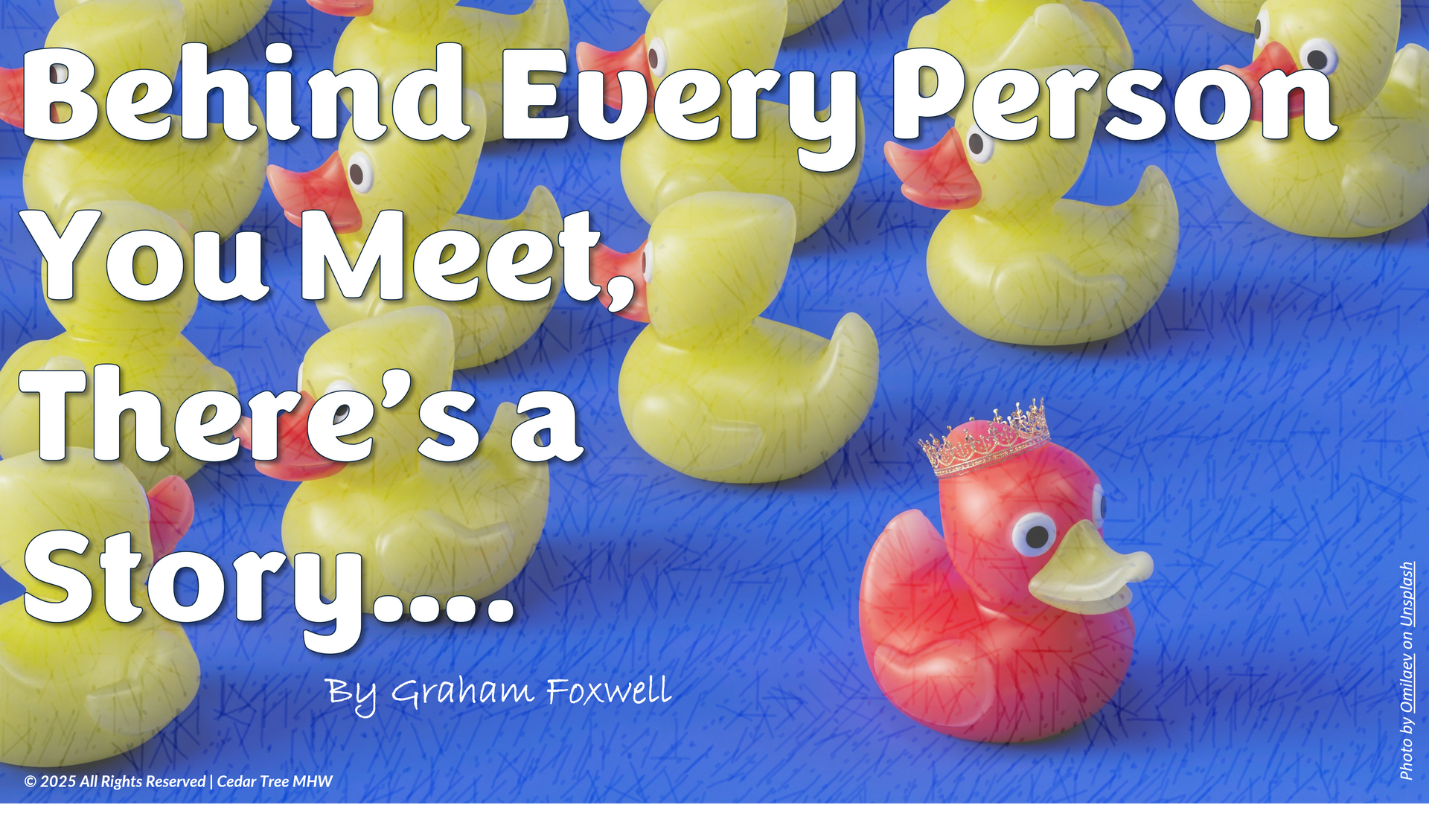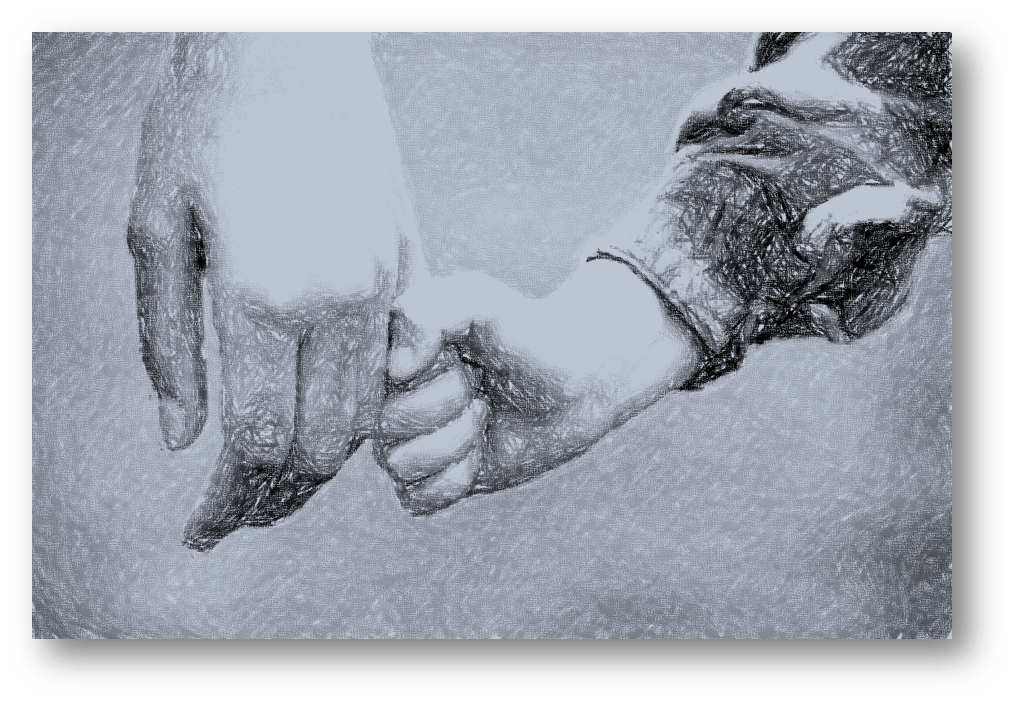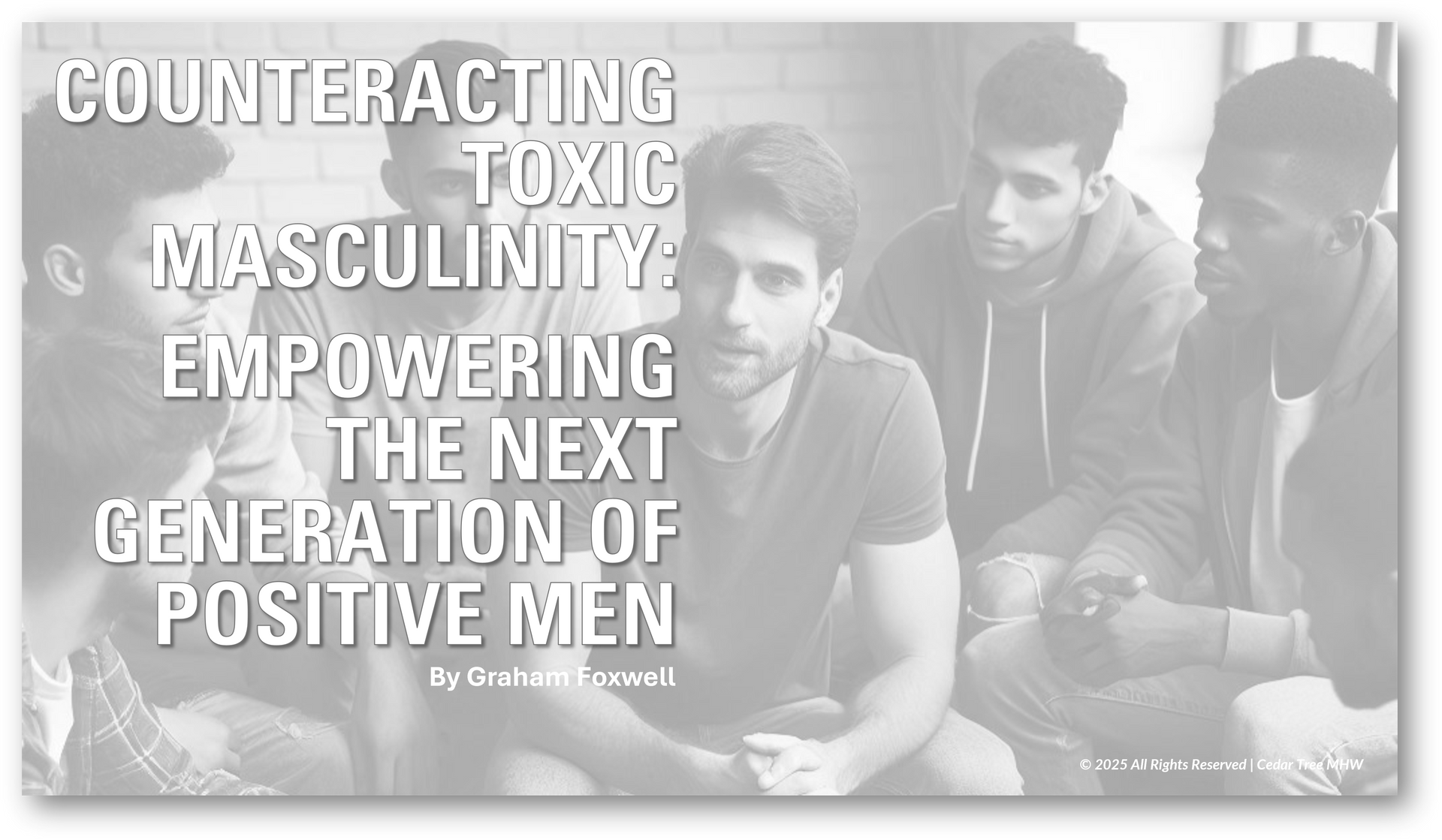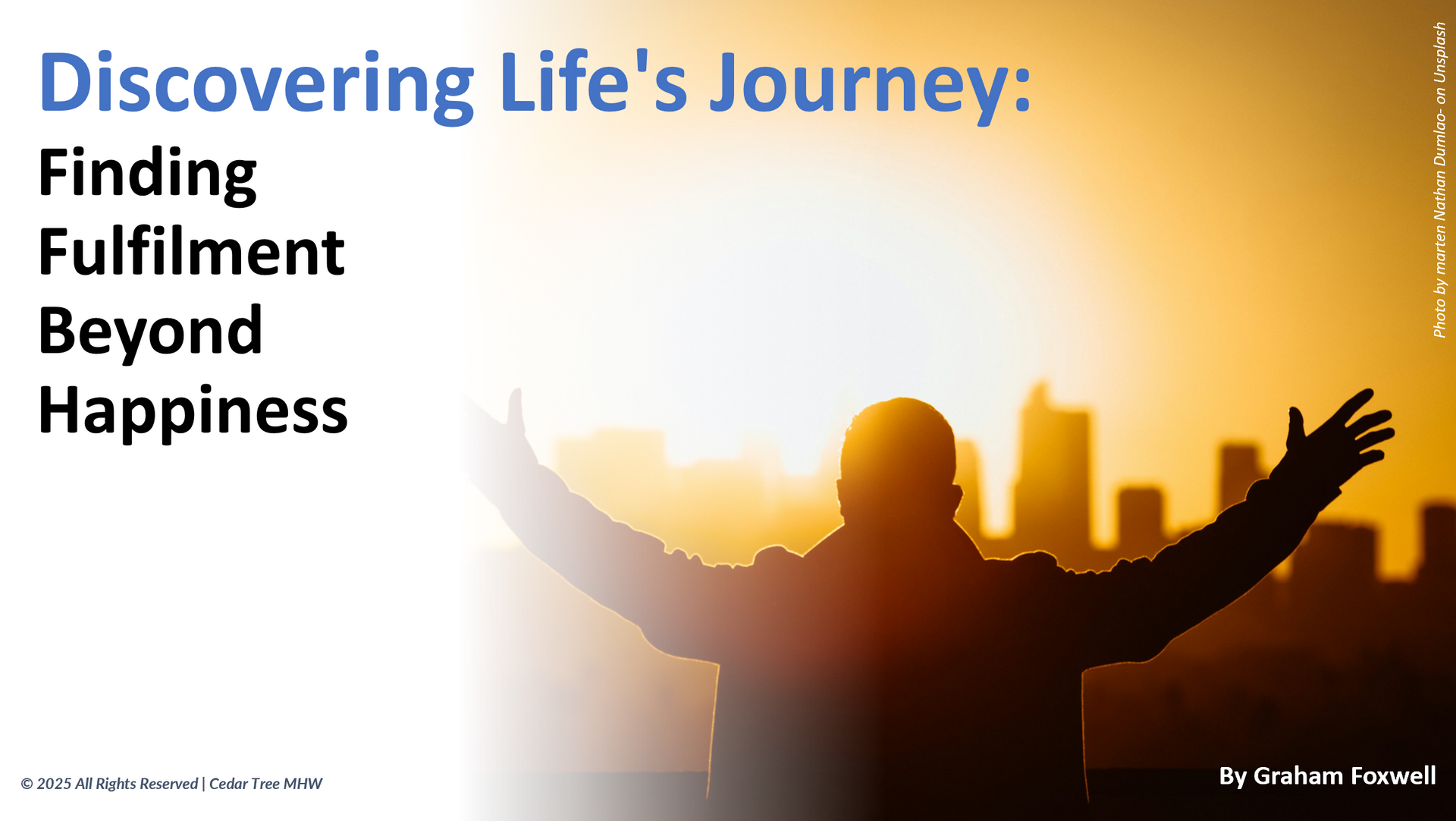When baby arrives....
I’ve been speaking with several young men in the early years of their marriages, and while it’s not surprising, it is disheartening to see how many are struggling, especially when children come into the picture.
The arrival of a baby brings significant changes to a relationship. Some of these changes are positive, while others can be challenging. The demands of caring for a new baby can sometimes overshadow the loving, exciting, and romantic relationship you once had.
While this isn’t the case for everyone, it is often the mother who takes on the majority of the day-to-day responsibilities of caring for the child. The demands placed on her can be immense and sometimes overwhelming.
The phrase “two’s company, three’s a crowd” often comes to mind. As a father and partner, you might feel unnecessary, inadequate, or pushed aside, only being called upon for tasks and errands.
You may also feel that your partner has fallen out of love with you and no longer needs or wants you. This, combined with a lack of sleep, potential financial issues, and little to no intimacy, can leave you questioning your place in the relationship. Routines may fall apart, communication can become scarce, and you might lose touch with friends and extended family.
If this resonates with you, let me assure you that what you’re experiencing is normal, and you can get through this. Many people go through similar challenges to varying degrees.
I have been married 30+ years. I have two grown-up daughters and six grandchildren. And yes, I also went through these feelings of inadequacy, failure, feeling unloved, and many other emotions during the early years of my kids, and a bit later on in their growing up. But I love my wife, kids, and grandchildren more than ever, and would not wish it any other way.
The difficulties of being a mother
While I could write extensively about the difficulties of being a mother, this blog is focused on men. However, it’s important to acknowledge that becoming a new mother takes a massive emotional, physical, and mental toll on your partner. Caring for a completely dependent human being is a significant responsibility, and it’s natural to feel overwhelmed.
Feelings of helplessness and frustration can set in, leading to depression, anger, and a desire to escape. At this point, some men might turn to work, sports, friends, or more harmful outlets like alcohol, drugs, gambling, or affairs to meet their needs and desires.
These challenges can be even more difficult if there are medical issues with the baby or if your partner is suffering from postnatal depression.
What You Can Do?
As I said before, this is normal and will get better. It is unlikely your partner has fallen out of love with you; she simply has to prioritise the baby. This is an involuntary, natural response and part of the mother instinct. This doesn’t mean that men don’t love or prioritize their children, but the experience can be different.
Negotiating your roles and sharing expectations is crucial for parenting as a team and maintaining a strong relationship. Recognise that these changes will happen, and use the pregnancy period to discuss and plan who will handle various responsibilities once the baby arrives. It’s also important to remain flexible and review your plans periodically, as life will continue to change as your baby grows.
If you’re feeling depressed or angry, seek help from a doctor, counsellor, or friend. If you don’t have access to these resources, please reach out to us, and we will do our best to assist you. There are many organisations able to listen and provide support.
Things may not always turn out as planned, and you and your partner might separate, which brings its own set of challenges. However, you can still navigate this period positively, creating good and happy memories of your child’s early years.
Finally, remember that these feelings are normal, and life will get better. Parenting can be tough, but it is also one of the most rewarding experiences in the world.
Some interesting articles on this subject.
http://www.dailymail.co.uk/femail/article-1376681/I-resent-children-stealing-wifes-love.html
http://www.nhs.uk/conditions/pregnancy-and-baby/pages/relationships-after-a-baby.aspx













